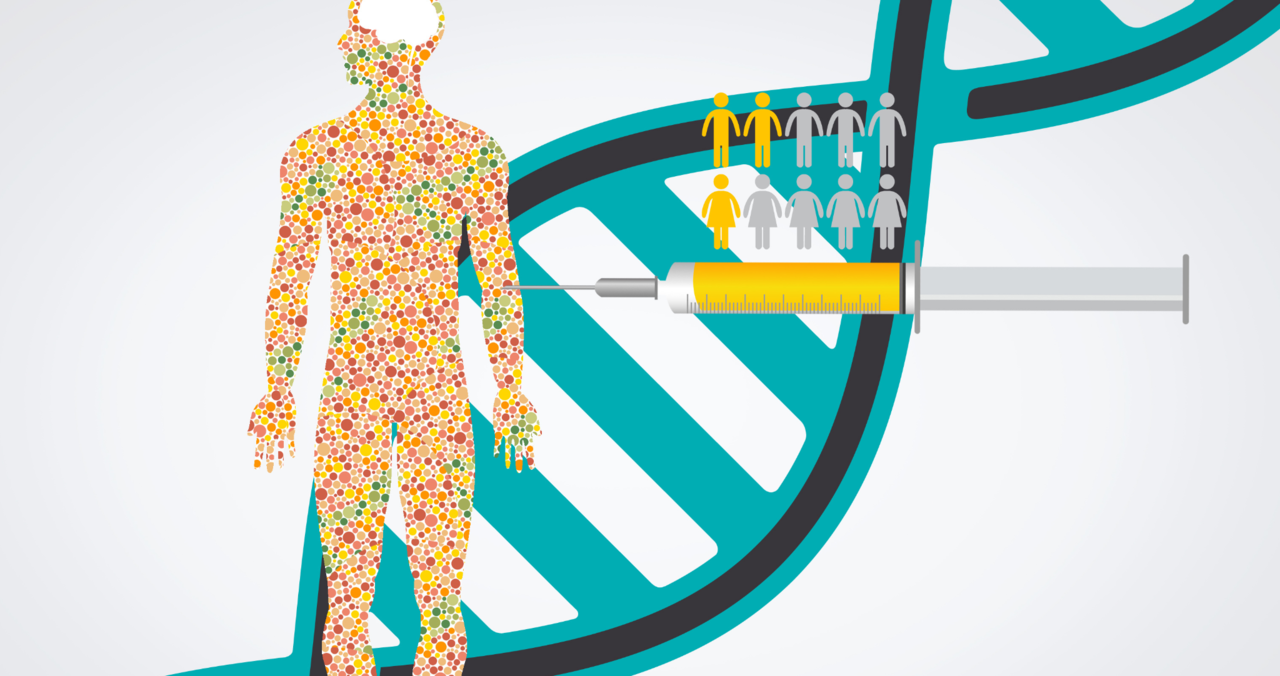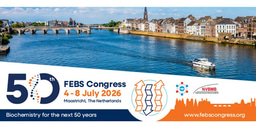CRISPR perspectives: mechanisms, medicine and morals

As a quick, easy to use, cheap and reliable method of gene editing, CRISPR has taken biomedical research by storm ─ but its rapid and widespread adoption has led to concerns too, such as over its use in the germline. A Special Session at the 42nd FEBS Congress will take the audience from the science of CRISPR mechanisms, presented by one of the early microbiologist CRISPR pioneers, through promise and challenges of programmable nucleases in clinical applications, to considerations from a bioethics specialist of ethical and legal implications of recent developments in genome editing. The session is organized by the FEBS Science and Society Committee.
FEBS Special Session on Science and Society − The role of CRISPR in Personalized Medicine: Legal and Ethical Problems (Wed Sep 13, 15.00−17.00)
Chair: Emmanouil Fragkoulis, Athens, Greece
• CRISPR mechanism: RNA-guided DNA/RNA targeting, Francisco Mojica, Alicante, Spain
• Genome editing in the clinic: status, prospects and hurdles, Adi Barzel, Tel Aviv, Israel
• Genome editing, bioethics and the Oviedo Convention, Peter Mills, London, UK
• General discussion





Join the FEBS Network today
Joining the FEBS Network’s molecular life sciences community enables you to access special content on the site, present your profile, 'follow' contributors, 'comment' on and 'like' content, post your own content, and set up a tailored email digest for updates.